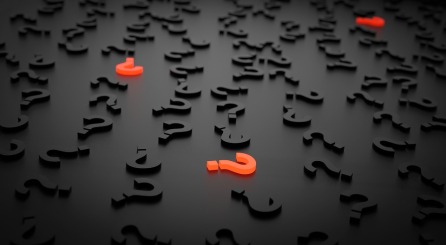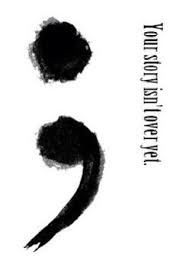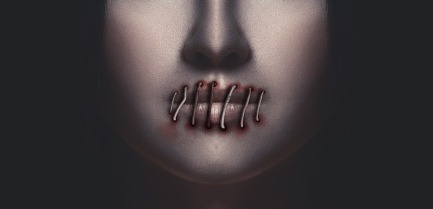21st C. Dee started my tumbles down the rabbit hole, ending up in the realms of cyberpsychology. I’ve started examining the conflicting online bios of individuals in the skirts of my social circle, which has left me with far more questions than I originally anticipated.

Are we addicted to complaining online? Specifically, the compulsion to update our online network on progressions of illnesses? [ad infinitum]
A little disclaimer, of sorts: I must state that am not against those striving to raise awareness online for chronic illnesses, mental health and wellbeing. However, can we not consider that something a little untoward is happening in at least a minor proportion of cases? Scroll down a feed, and there might be a baiting status, ‘back at the hospital again’, ‘#chronic[illness]’, the semi-colon tattoo. Our curiosity and empathy drives us to ask for more detail, to respond with words of support. But why is it, I wonder, that this person has chosen in the first place to publicise such intimate, personal information in a realm accessible to all? Am I just in denial about how people connect these days?
 Subjectively, I appreciate that people require support, especially when faced with challenging situations. In past years, I too was guilty of posting intimate details of my life to social media, but now (the benefit of hindsight!) I don’t choose to define my online persona by the challenges I face. One forgets the expendability of online ‘friends’, the lack of focus when engaging in multiple comment threads on several platforms. Conversation, when one to one, demands focus, listening and, in turn, builds trust and support networks.
Subjectively, I appreciate that people require support, especially when faced with challenging situations. In past years, I too was guilty of posting intimate details of my life to social media, but now (the benefit of hindsight!) I don’t choose to define my online persona by the challenges I face. One forgets the expendability of online ‘friends’, the lack of focus when engaging in multiple comment threads on several platforms. Conversation, when one to one, demands focus, listening and, in turn, builds trust and support networks.
And yet, there are thousands of journal articles, many books and an array websites that are dedicated to research and analysis on cyberpsychology. Main theories focus in on the relationship between online and offline discourse; the online disinhibition effect (Suler); and individuals demonstrating tendencies towards the pathological, specifically factitious disorder.
Regarding factitious disorder (and not wishing to blanket-apply the theory to all instances of illness/ un-wellness disclosure), there is something unsettling about how we have become a culture that accepts majority of online personal disclosure unquestionably, and, in the majority, as fact. It is difficult for the casual reader of a profile, whether or not they know the person in the offline world, to challenge statements of illness without the fear of retribution. There’s an element of guilt and hesitation when about to question the validity of PC-protected statements, and, when we do, chances are we get hit by a bombardment of negative comments. To query the content of free speech, we are left exposed and asking to be silenced.

I must stress the need for public awareness: of illnesses, in general, so as to remove associated stigmas; and yet, conversely, the requirement to highlight that the sympathy of others may be sought by complainers for personal gain. Ultimately, as users and readers of social media, we need to err on the side of scepticism when confronted with baiting and martyr-making articles, as we are not always in a position to gauge their authenticity.
Note my ambivalence here, an example of the many questions I have: technology as means to generate awareness, yet also as an enabler for attention seekers; the paradox of modern existence!
Disclosure is not in itself a means to sinister ends, yet there are instances where the online personas of individuals do not accurately represent the contexts of the offline person. Be wary of the surface appearance of online personas! Online infinite methods to present ourselves as we wish, whether anonymous or connecting with family, friends and colleagues. Offline? Well now, that’s the challenge…..
Note: this was a rush lunchtime post. Apologies for any grammatical/ spelling errors!


Well said. It all depends on how you use social media. And there is a limit. Good post. Keep it up.
LikeLiked by 1 person
Thank you for your feedback
LikeLiked by 1 person